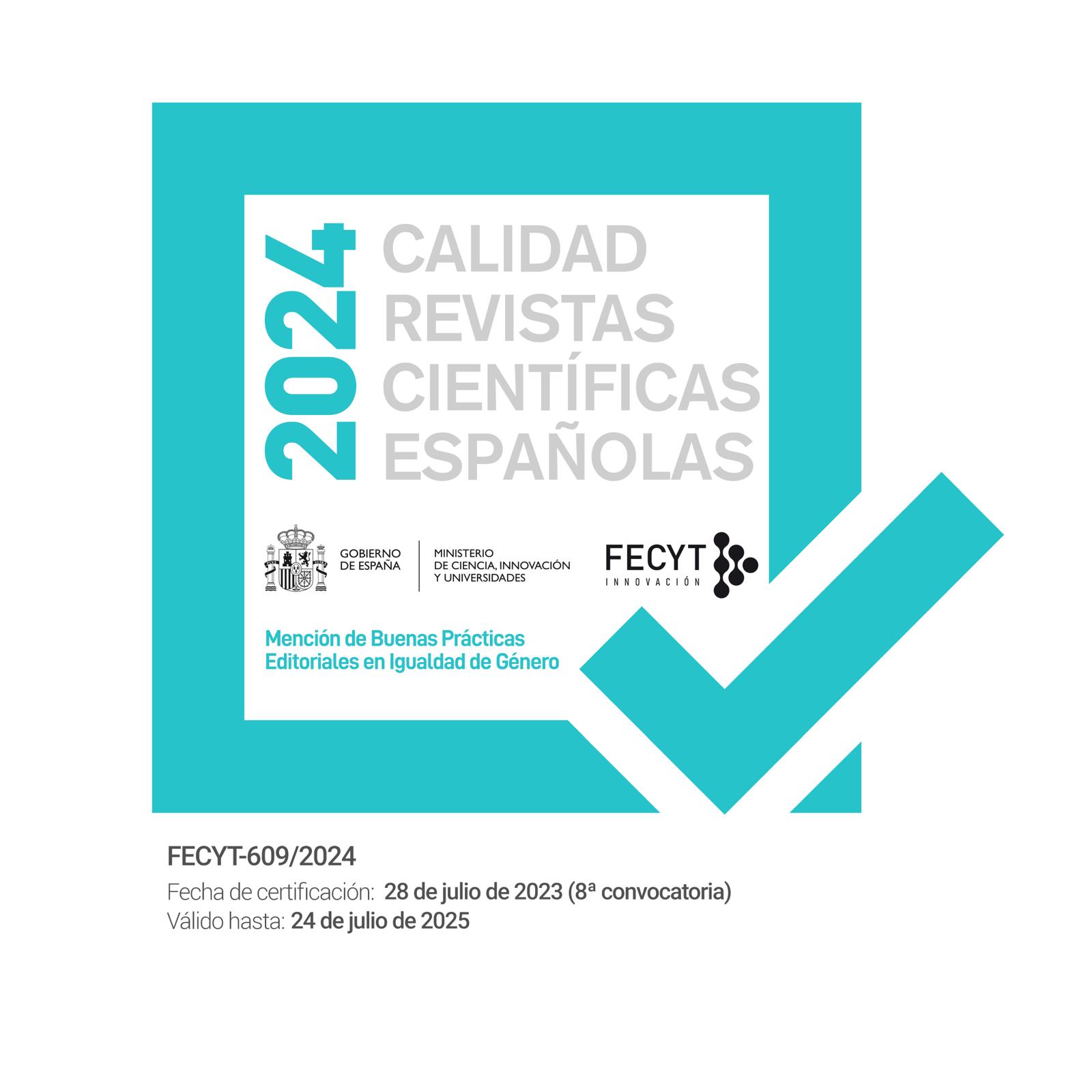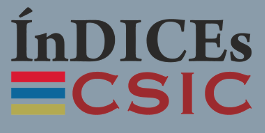Una propuesta didáctica de comprensión lectora centrada en los modos de decir. Aportes para abordar las dificultades de lectura de textos disciplinares en el nivel secundario
DOI:
https://doi.org/10.35869/hafh.v27i2.5844Palabras clave:
propuesta pedagógica, comprensión lectora, nivel secundario, discurso, polifoníaResumen
Es sabido que las dificultades de comprensión lectora que manifiesta el alumnado en la escuela secundaria no se limitan al plano conceptual o léxico, en los que suelen hacer hincapié los estudios más difundidos de la didáctica, sino que se vinculan sustancialmente con otros aspectos textuales, como la enunciativos, subjetivos y polifónicos. Partiendo del postulado de que las prácticas de lectura escolares pertenecen a la tradición contenidista (Hall, 2007), puesto que el objetivo que las guía es “hallar” contenidos en el texto, esto es, descubrir qué dicen los textos y no en desentrañar cómo lo dicen (Hall, 2007), el presente artículo se propone abordar la comprensión lectora haciendo foco en la materialidad discursiva de los discursos disciplinares, explorando, por un lado, las formas que construyen los sentidos y, por el otro, los recursos específicos que configuran la subjetividad y la polifonía. Sobre la base de los resultados de una encuesta exploratoria realizada a docentes de escuelas secundarias de la Ciudad y provincia de Buenos Aires (Argentina) durante 2023, y desde el marco de la polifonía y la enunciación (Ducrot, [1984] 2001; Authier-Revuz, 1984 y 1995; Maingueneau, 1999 y García Negroni, 2005 y 2008), se retoma, se problematiza y se expande la noción de “estrategias de facilitamiento”, que busca motivar la reflexión lingüística respecto de los textos pedagógicos en pos de fomentar la alfabetización académica (Tosi, 2015a, 2017 y 2018). En esta oportunidad, se plantea el diseño de una propuesta pedagógica centrada en los modos de decir de la comunicación científica para la comprensión de la lectura de textos de estudio disciplinares en el entorno. A lo largo del trabajo, se muestra la relevancia de una propuesta de este tipo, cuya pretensión consiste en promover la reflexión metalingüística y la desnaturalización de formulaciones discursivas cristalizadas en los procesos de comprensión lectora de las diferentes disciplinas del nivel medio, cimentando, así, un trabajo transversal que pueda ser puesto en juego en las diversas áreas del conocimiento.














